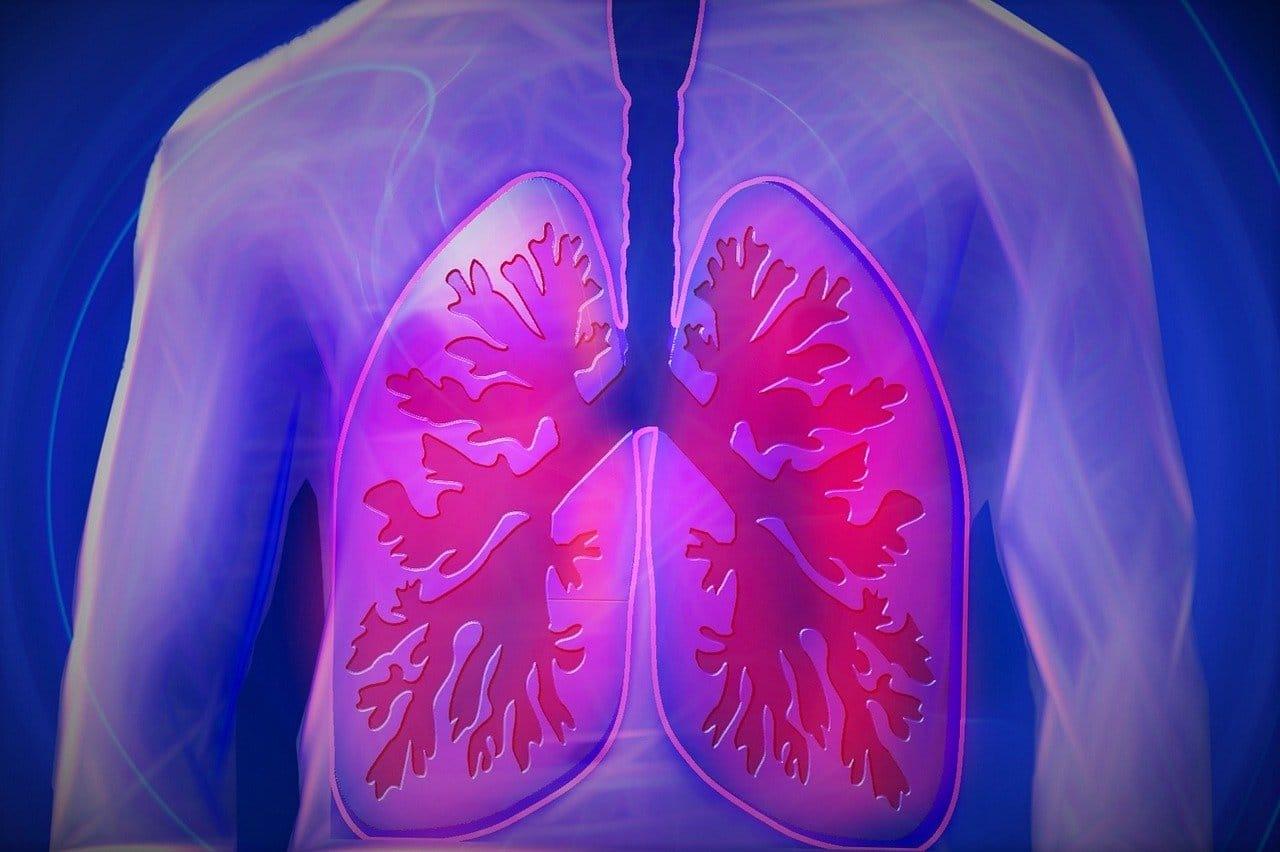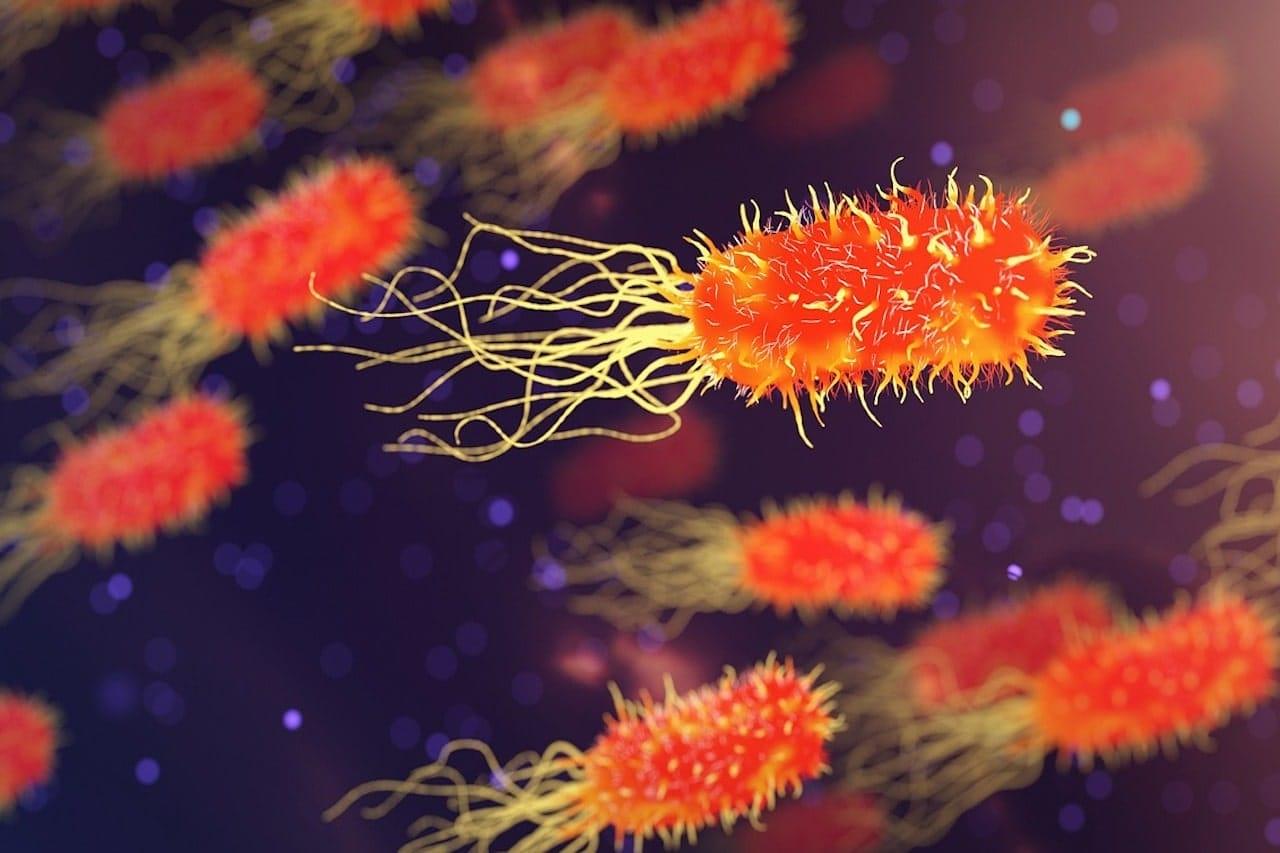Contrary to what abounds in other parts of the world, especially the temperate parts, malaria is a household name in the tropics and subtropics, and in many homes, a household nightmare. According to the World Health Organization’s World Malaria Report in 2022, there were 249 million cases of Malaria worldwide, and 608,000 deaths from malaria in 85 countries. Africa was home to 94% of the cases and 95% of the deaths. Nigeria accounted for the highest number of deaths (26.8%). Cases of Malaria in temperate regions are very rare, and it is usually seen in those with history of recent travels to countries where the disease is common.
In this article, we will discuss malaria, in basic enough a manner as to equip every reader with the necessary information required to understand and protect themselves and their families from this popular disease of the tropics.
What is malaria?
Malaria is an acute, life-threatening febrile disease, caused by plasmodium parasites which are transmitted through the bite of an infected female anopheles mosquito. By febrile, it means the disease presents with fever, which is an elevation in body temperature beyond the normal for an individual.
As the mosquito takes a blood meal from its victim, it deposits the parasites into the blood stream, the parasites travel through the blood stream to the liver, where they undergo maturation and rapid reproduction which takes about 7-10 days, but varies based on the specie of Plasmodium. The parasites then re-enter the blood stream and infect the Red Blood Cells (RBCs), reproduce within the RBCs and after 2-3 days, burst out of the red cells to infect some other RBCs and the cycle, if not checked, continues. The typical intermittent pattern of spike in temperature corresponds with the timing when the RBCs burst open to let the parasites out into the blood stream. After another 3 days, the same process happens, and there’s another spike in temperature.
What are the causes of malaria?
As stated above, malaria occurs primarily when a mosquito bites an individual and deposits plasmodium parasites into the blood stream. There are five species of Plasmodium parasites that cause malaria.
- Plasmodium falciparum
- Plasmodium ovale
- Plasmodium Vivax
- Plasmodium malariae
- Plasmodium Knowlesi
Of all these species, Plasmodium falciparum causes the severest form of malaria, and therefore more dangerous. Plasmodium ovale and Plasmodium vivax are known for their dormancy in the liver, remaining hidden for months to years, only to re-enter the blood stream one day and cause Malaria.
Since this disease is transmitted through the blood stream, it implies that other activities that involve intermixing of bloods may cause it. They include:
- Blood transfusion
- Organ transplant
- Sharing of needles.
It is worthy of note that Malaria may be transmitted from mother to her offspring during delivery, where it is called congenital malaria.
Symptoms and signs of malaria
Except where the infection is by a specie with the ability to remain dormant, the symptoms of malaria typically begins to manifest within few weeks of infection. Aside fever, the signs and symptoms of malaria may be unspecific and they include:
- Fever
- Chills and rigors
- Headache
- Joint pains
- Vomiting
- General feeling of unwellness
- Cough
- Diarrhea
- Nausea and vomiting
- Fast breathing
- Rapid heart beat
- Fatigue
- Convulsions
What are the risk factors of Malaria?
Living in areas where the disease is endemic i.e. the tropics and sub-tropics, e.g. sub-Saharan Africa, Southeast Asia, Central and South America, is the most important risk factor for having this disease.
Individuals at higher risk of having the severe form of this disease include:
- Children, especially under 5
- Elderly people
- Pregnant women
- Those travelling from areas where the disease is not common
Making diagnosis
The diagnosis of malaria is suspected following an analysis of your presenting symptoms, and as the usual presentation is a fever that comes and goes in the company of any combination of the above symptoms, your doctor then examines you and determines how badly you’ve been hit by the disease. He then orders a blood investigation to identify the presence of the parasite and the specie causing your symptoms. At the end of the day, he comes down with a diagnosis of malaria and whether it has caused your blood level to drop, or it has hit any of your vital organs.
Complications of malaria
Malaria may appear like a simple disease, but the number and severity of complications it can put its sufferer through attests to its being anything but. Some of them include:
- Anemia – which is low amount of Red Blood Cells owing to their continued destruction.
- Major organ failure e.g kidneys, liver, spleen.
- Cerebral malaria – due to swelling of the blood vessels in the brain.
- Hypoglycaemia – which is low level of blood sugar, a life-threatening event.
- Pulmonary edema – accumulation of fluid in the lungs preventing adequate ventilation.
Treatment of malaria
First of all, Malaria is a curable disease. There are various classes of medications used in the treatment of Malaria. The Artemisinin Combination Therapy (ACT) is the most advocated nowadays, as it has shown promising efficacy. It is though, always advisable to see a doctor whenever you’re having symptoms resembling those of Malaria. Depending on the severity of the disease, your doctor may choose oral drugs or parenteral (injections) drugs. In cases where there is a treatment failure with a certain class of drugs, your doctor may switch to another class. Depending on the specie causing your symptom, your doctor may prolong the period of treatment.
Except where there’s a significant organ damage, like in cerebral malaria where seizure disorders, memory impairment, visual impairment have been reported, there’s no significant sequelae following a well-treated episode of malaria. The long -term complications though, in people with drug-resistant malaria may be devastating.
How to prevent malaria
- The most effective way of controlling malaria according to the World Health Organization (WHO) is vector control. Control of mosquitos. Preventing mosquito bites. This is achieved through two major ways:
- Use of insecticide-treated nets: these deny mosquitoes access to the skin while insecticide with which the net is impregnated kills the mosquitoes.
- Insecticide sprays: this kills the residual mosquitoes which are not in contact with the net.
- Environmental sanitation to halt the breeding of mosquitoes.
- Chemoprophylaxis: these are drugs—which are the same used in the treatment of malaria—given to individuals who are travelling from non endemic countries to malaria-endemic countries. It is given before, during and after the travel.
Note: In October 2023, the World Health Organization approved the use of the R21 vaccine against malaria. This vaccine though, is only available in few countries, and only incorporated into the vaccine schedule of Cameroon. Though it has been approved in Nigeria, but is not yet part of the routine immunization schedule.
In conclusion, Malaria is a devastating disease, and its effects are severest against children and pregnant women.
It is important to know that it is completely curable, but more importantly, completely preventable.
Clean your environment and sleep under insecticide-treated mosquito nets to avoid mosquito bite which transmits the parasite causing malaria.
See your doctor whenever you’re having symptoms that resemble malaria.
References
Oluwayemi, I. O., Brown, B. J., Oyedeji, O. A., & Oluwayemi, M. A. (2013). Neurological sequelae in survivors of cerebral malaria. the Pan African Medical Journal, 15. https://doi.org/10.11604/pamj.2013.15.88.1897
Witter, A. (2024, April 25). 6 facts you didn’t know about malaria – ONE.org Global. ONE.org Global.
World Health Organization: WHO & World Health Organization: WHO. (2023b, December 4). Malaria.



